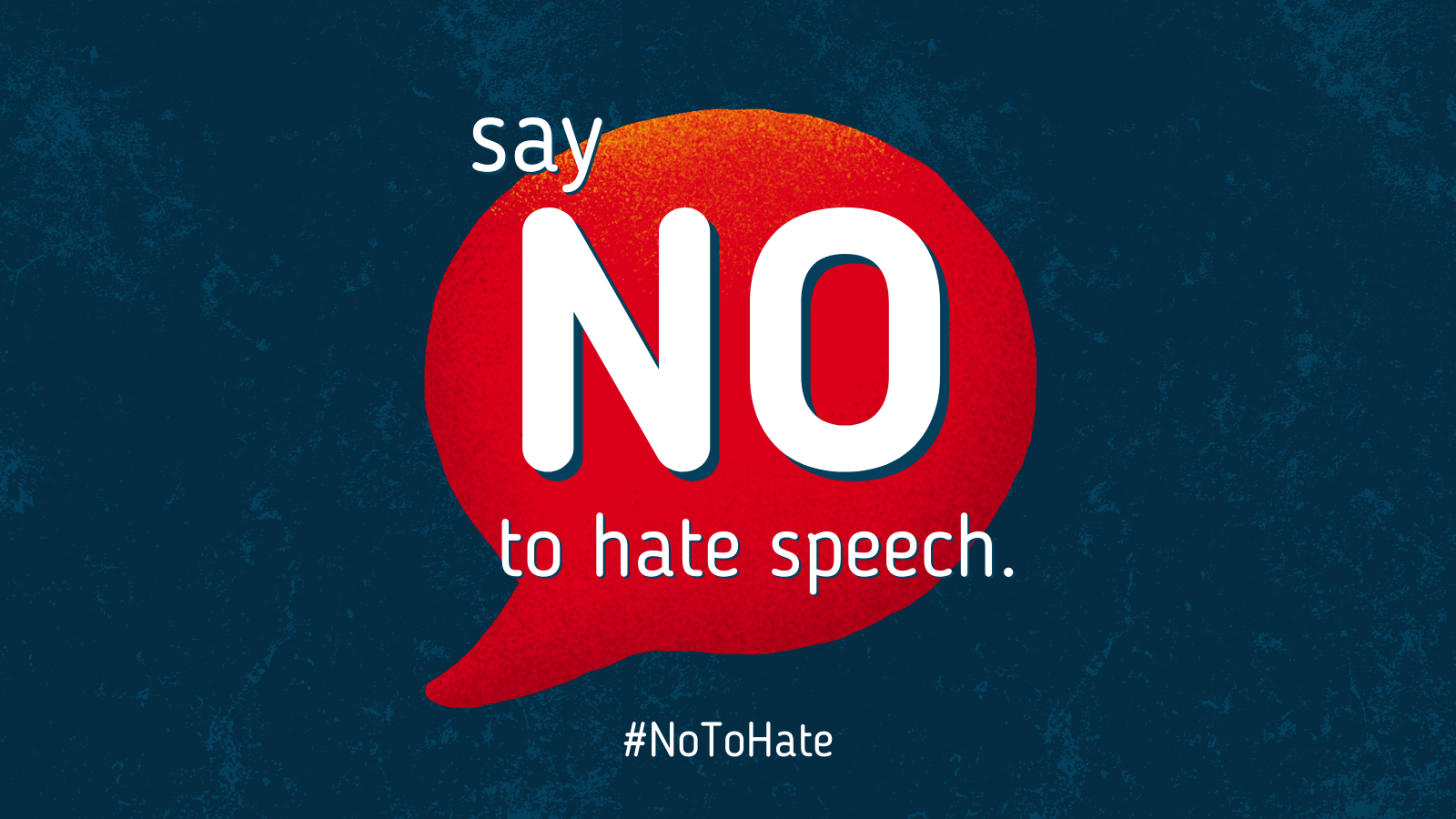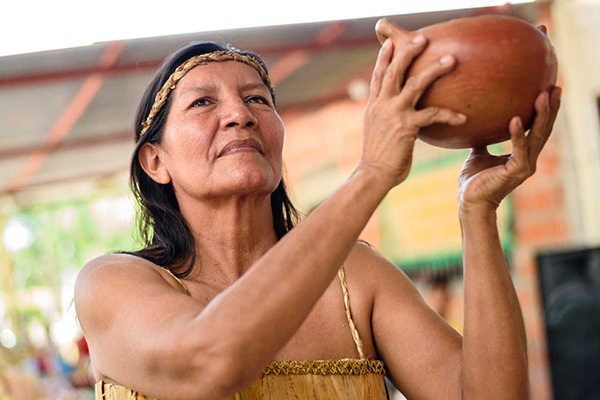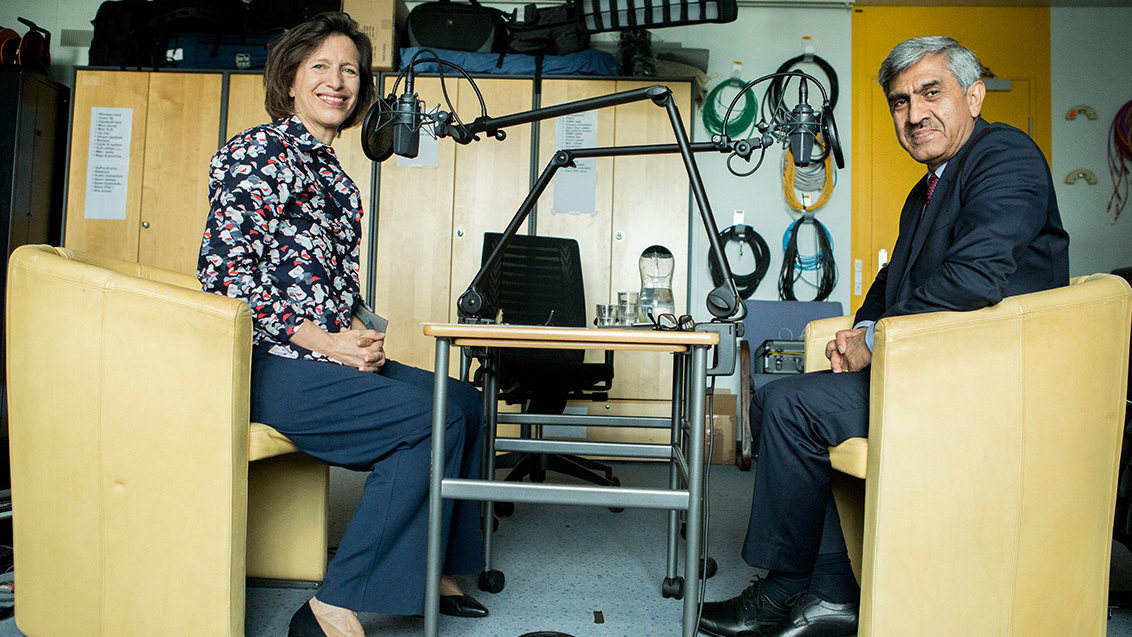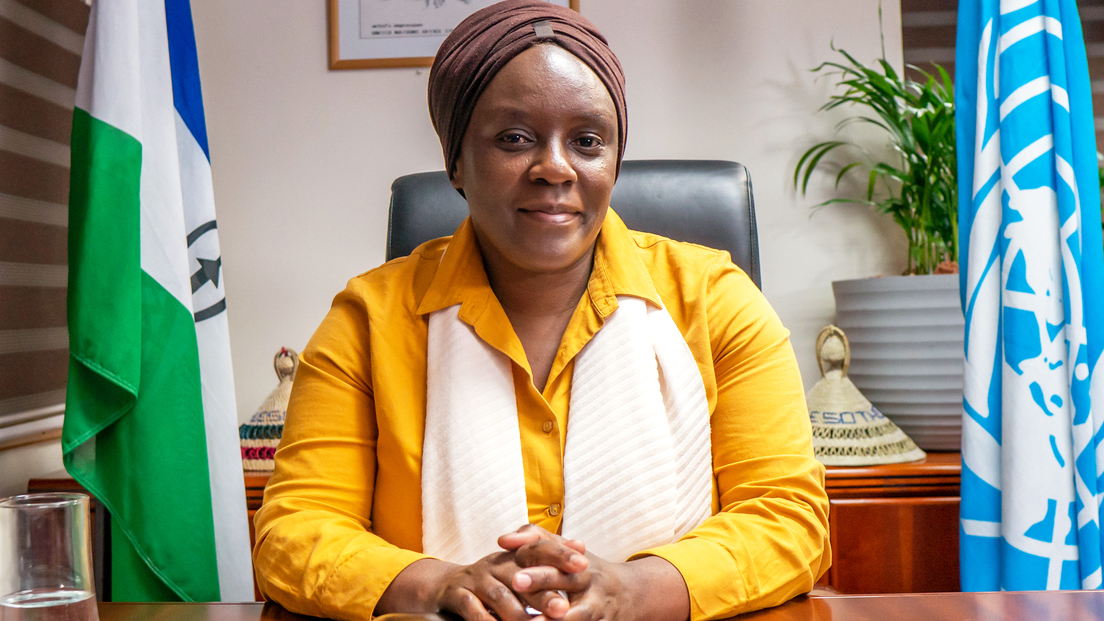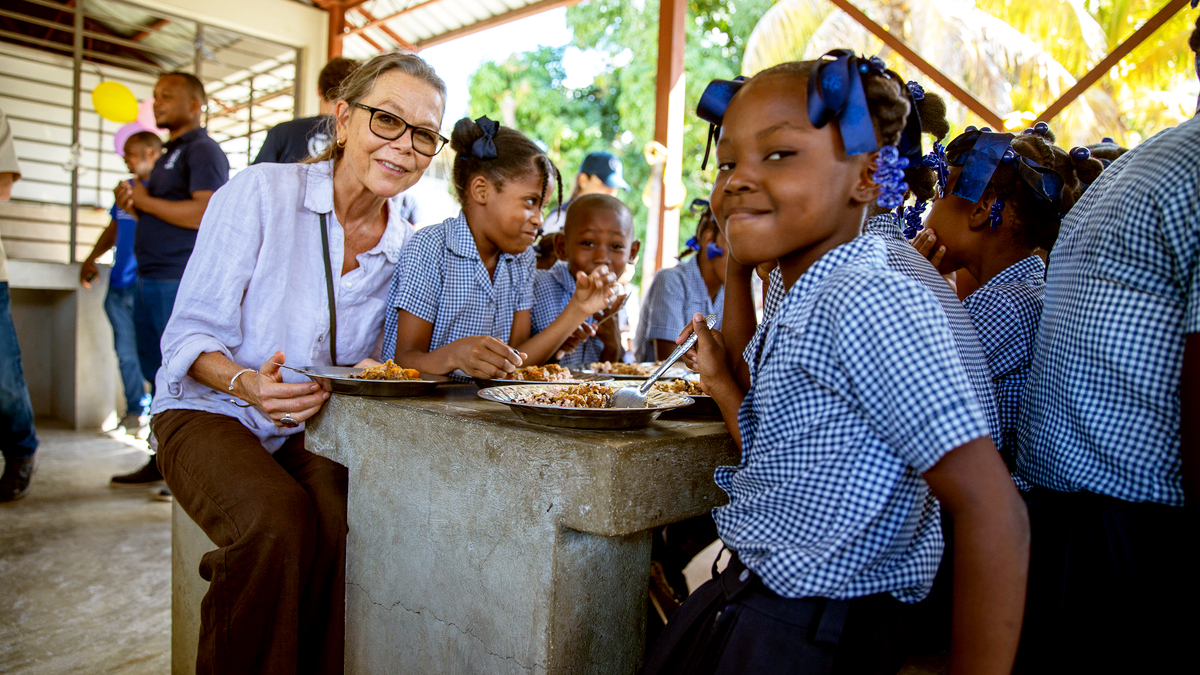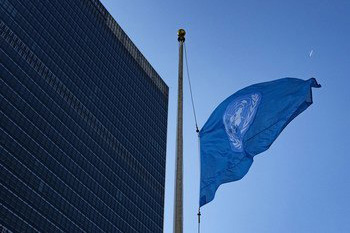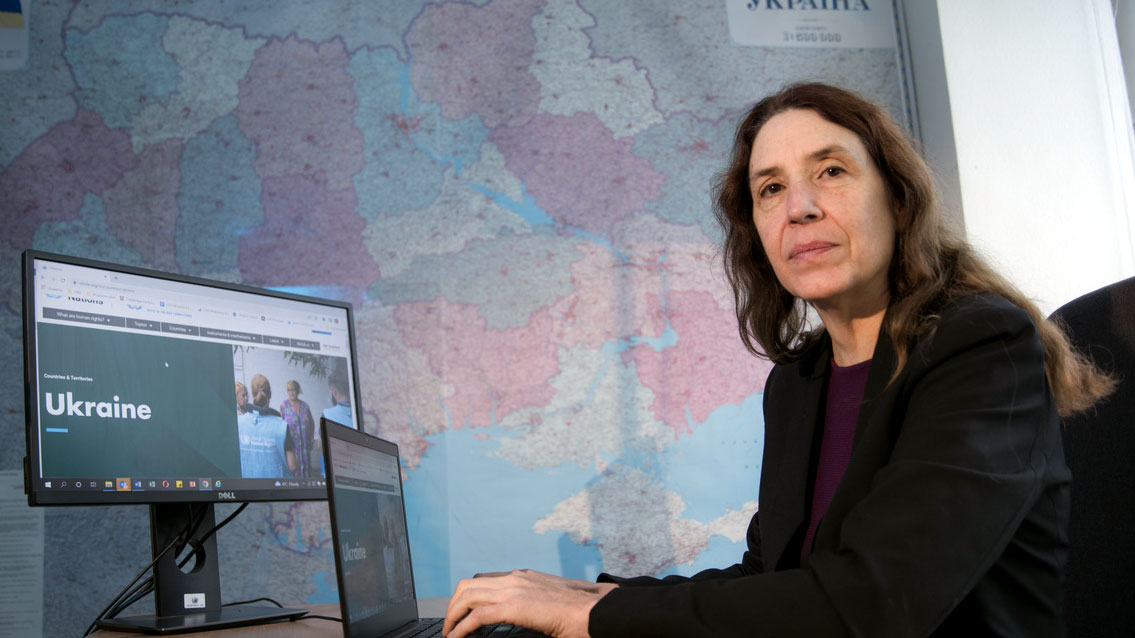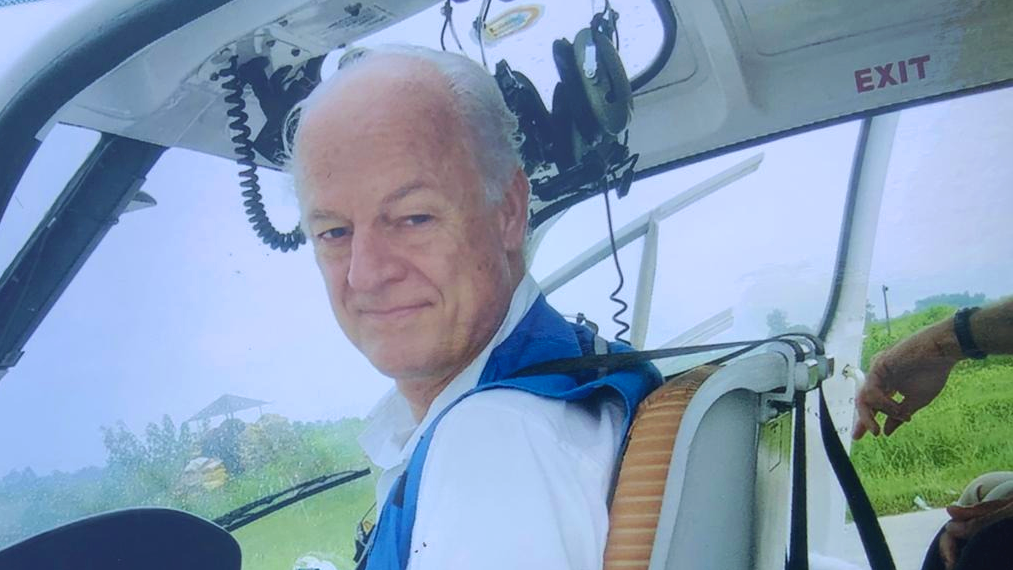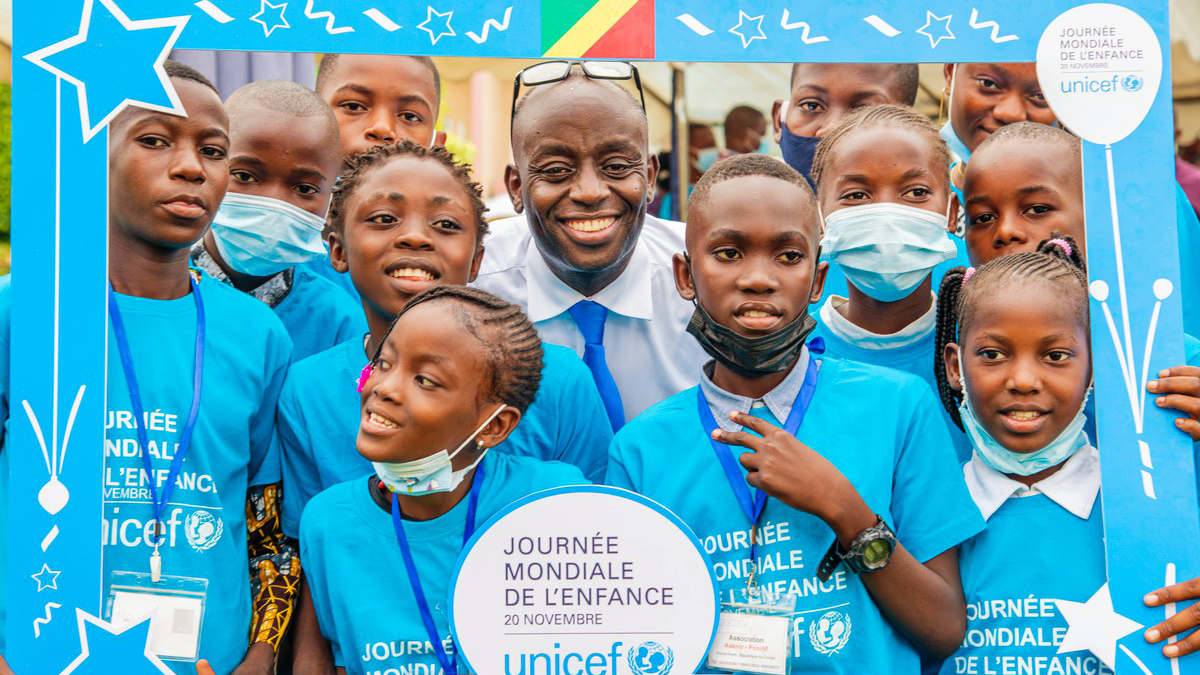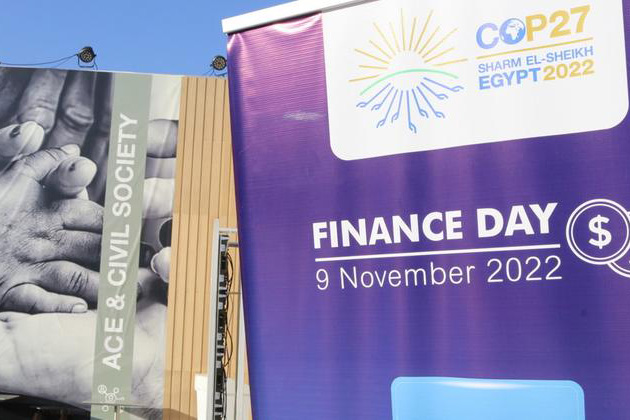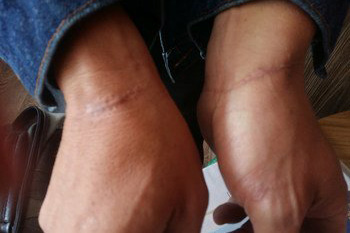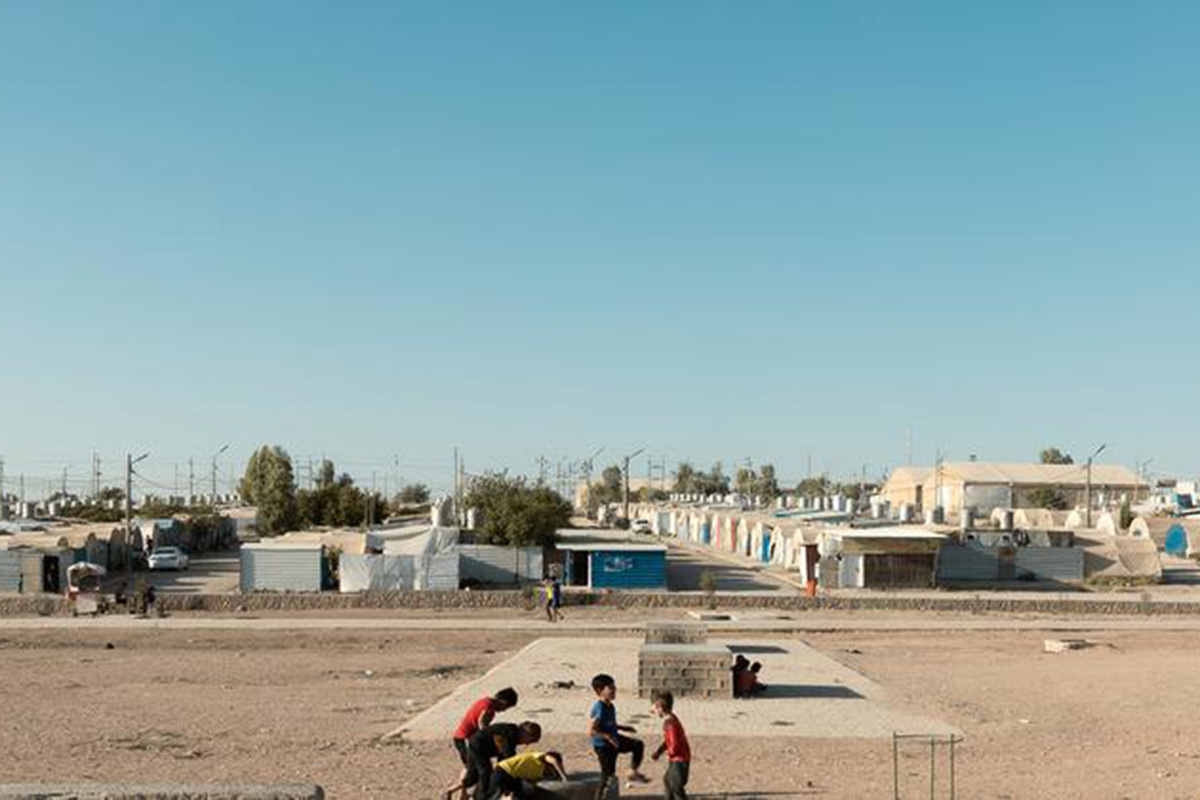There is concern amongst human rights experts and activists that hate speech is becoming more prevalent, with views once perceived as fringe and extreme, moving into the mainstream. This episode of UNiting Against Hate features Tendayi Achiume, the outgoing UN Special Rapporteur on contemporary forms of racism, and Jaroslav Valůch, who is the project manager for fact-checking and news literacy, at Prague-based media development organization “Transitions”.
Find out more about the UN's #NoToHate campaign here.

